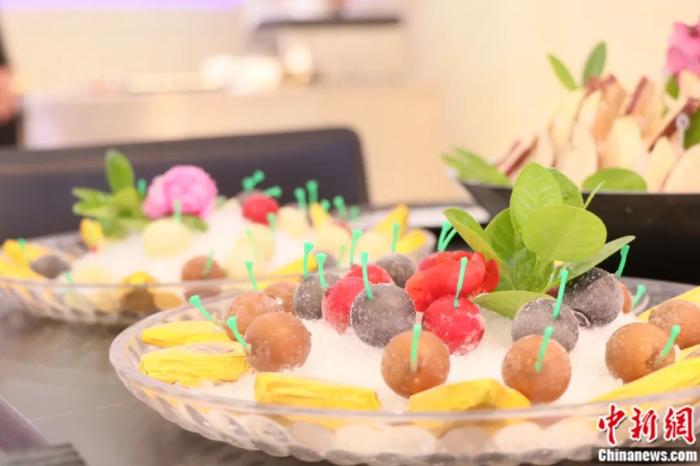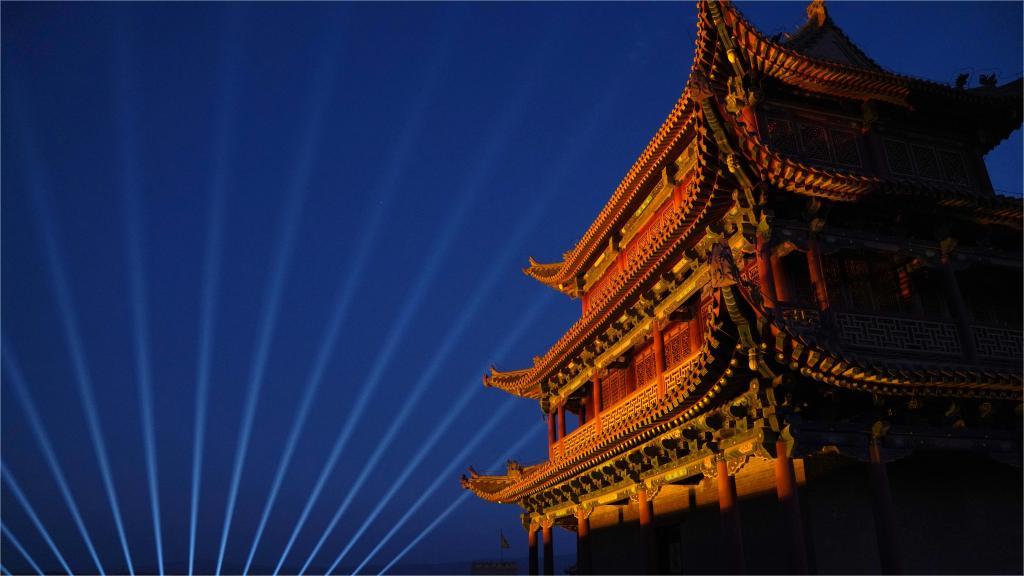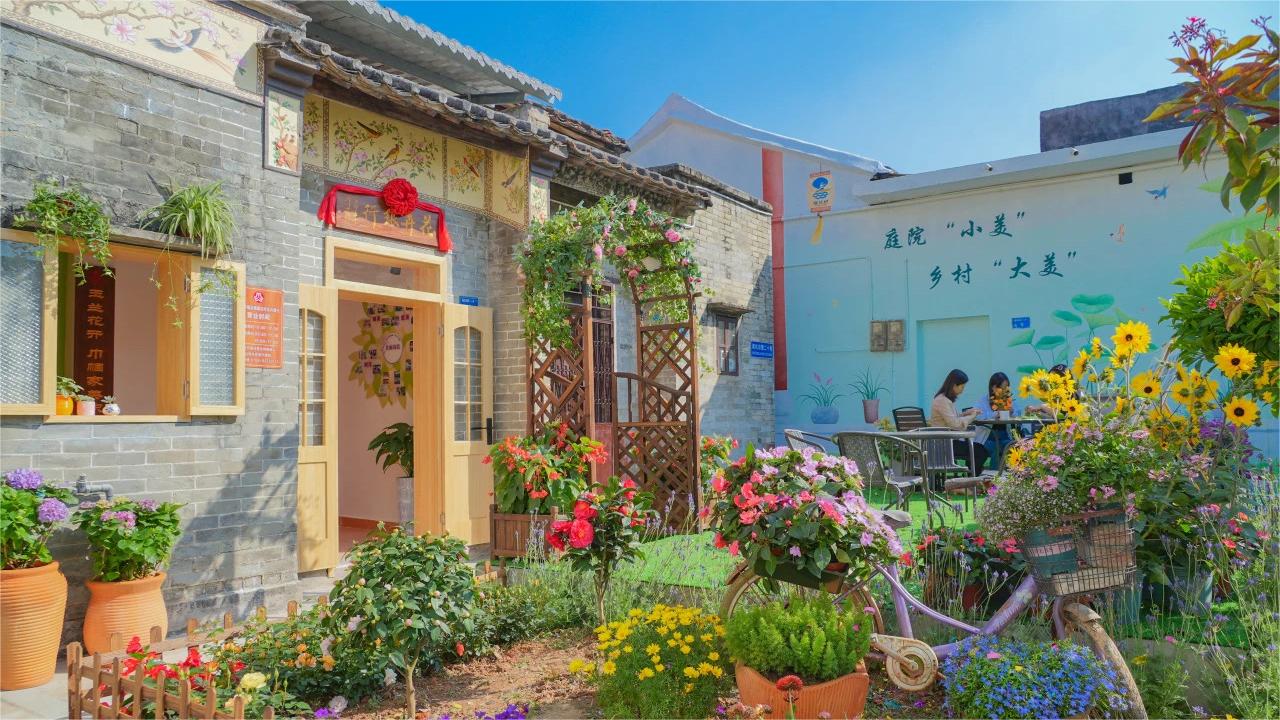Chinese county becomes global foie gras powerhouse
 |
| Photo shows foie gras delicacies. (Photo/Liu Ruihua) |
Goose liver, or foie gras, a delicacy often associated with France, has become a specialty of Linqu county, Weifang city, east China's Shandong Province. The county processes 5 million Landes geese annually, producing 5,000 tonnes of goose liver.
Linqu supplies goose livers to premium hotels and restaurants in over 30 Chinese provinces and cities. They also reach dining tables in many countries and regions, including Japan, the European Union and Southeast Asia.
In the 1980s, a shipment of geese from Landes, France, arrived in Linqu, marking the beginning of the county's foie gras industry.
The Landes geese have thrived in Linqu county's climate, which shares the same latitude as Landes. This environment led to improved quality and faster growth of the geese.
A French expert in Landes goose rearing and processing provided guidance for Linqu county's goose industry development. Over four years, the expert implemented strict standards for goose selection, incubation, breeding and liver production, ensuring consistent quality and taste.
After years of adaptation and breeding, the annual output value of Landes geese in the county now exceeds 4 billion yuan ($550 million).
The growth of the goose liver industry has boosted goose breeding in across the county. To support this development, the county's Animal Husbandry Development Center established a goose industry association. This group has created a collaborative model involving enterprises, cooperatives, farms and breeders. The approach guarantees sales channels for breeders while promoting collaborative development and brand recognition.
Initially, Landes geese in Linqu could only breed goslings twice a year, falling short of surging market demand.
Gao Yuanliang, head of Shandong Zunrun Shengluoje Food Co., Ltd., led a team to find a solution. Collaborating with Shandong Agricultural University, they established an off-season egg production base. Through experimentation, they achieved year-round gosling cultivation, overcoming seasonal production challenges.
To boost foie gras exports, Gao built EU-standard production facilities and invested 210 million yuan in China's first foie gras demonstration hub, adhering to international standards.
This project provides a reliable production platform for suppliers and cooperatives in Linqu, stimulating growth in associated industries. Linqu currently exports more than 30 tonnes of foie gras monthly.
Beyond traditional frozen foie gras, the county has developed products like foie gras sauce and slices to meet diverse consumer demands.
Ye Sen, a Linqu official, said the county is working to enhance supply capacity to meet retailer and supermarket demands, making foie gras more accessible to ordinary families.
 |
Photos
Related Stories
Copyright © 2024 People's Daily Online. All Rights Reserved.









